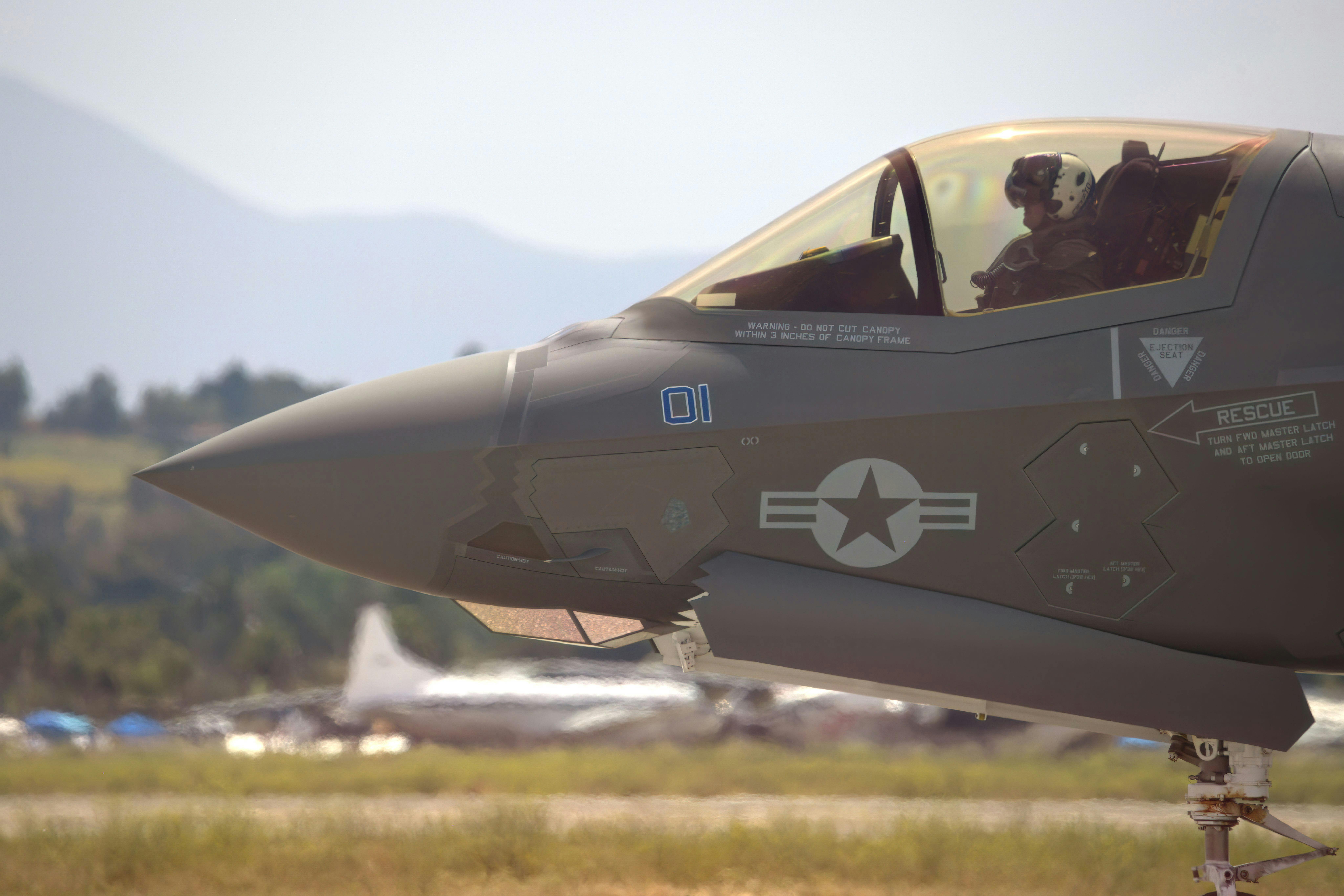This article was first published in Real Clear Defense on May 10, 2023.
These are precarious times with each day bringing more audacious acts of provocation and incendiary rhetoric by near-peer competitors. Consider the Russian downing of a U.S. drone, and renewed concerns about Beijing arming Russian troops. Both serve as examples of our adversaries’ resolve to test the will of the United States to defend our interests and those of our allies and partners. The threat to the world could not be more stark.
Our collective 79 years of service devoted to keeping America safe have taught us that the last thing we need in a crisis is escalation of tensions, which could plunge us into widespread conflicts in multiple theaters. Instead, we must focus on a strategy of deterrence to minimize the likelihood of conflict, backed by a high level of preparedness to maximize our ability to orient faster, think faster, and, when appropriate, react faster than potential adversaries.
Indeed, integrated deterrence is the cornerstone of the United States’ National Defense Strategy. It requires a holistic approach to ensuring that the U.S. military is so well prepared with robust supply chains and reliable distribution networks that can react quickly and conclusively to unanticipated disruptions that adversaries would recognize the folly in any effort to take us on.
Logistics, mobility, and sustainment have long been at the core of our military’s strategic advantage. The uncanny talent of our Armed Forces to mobilize resources and dispatch them to where they need to be in short order, has been crucial in the past to our nation’s ability to build up Iron Mountains worldwide so formidable that they have a deterrent effect on near-peer competitors. Think back to 2014 when Russia annexed Crimea. In response, we used our logistical prowess to marshal air, land, and sea forces in the Baltic States. This not only demonstrated our resolve – and capacity – to take up the mission of defending our NATO allies, but also brought a deterrent value.
For decades, our capabilities earned us an enviable asymmetrical military advantage over near-peer competitors. Today, however, we find ourselves at a crossroads, where logistics and supply chain operations are more susceptible to disruptive events than ever before. Our adversaries, keenly aware that our ability to deploy and sustain forces is what contributes immeasurably to our dominance on the battlefield, are eager to exploit such vulnerabilities. They are loath to stand idly on the sidelines as we establish supply chains and distribution networks required to pull off military operations. Rather, they are making investments in intelligent military technologies and advanced weapons systems to match – or exceed – our capabilities. It is reasonable to assume that in their quest to raise their stature on the world stage, our competitors would use these tools to move preemptively to disrupt our supply chains and prevent America from dispatching and fortifying forces. While the path to war is uncertain, history tells us that such escalatory acts are fraught with risks.
That is why we must act now to bolster our nation’s logistics and mobility preparedness planning with next-generation technologies to head off attempts by near-peer adversaries to disrupt supply chains and distribution networks. Key to carrying out a strategy of deterrence and preparedness are modern, state-of-the-art tools like modeling and simulation processes that can help military commanders with complex decision-making to avoid escalation. It is, therefore, imperative for the U.S. Department of Defense to step up its investment in these and other next-generation intelligent military technologies, including artificial intelligence and machine learning, to ensure our troops are prepared to adequately deter threats and protect our nation. Recognizing that these technologies are no substitute for human brain power or experience, tech companies must push the limits of innovation to extract the full potential of these groundbreaking tools to augment decision-making capabilities.
The best way to win a war is to prevent it from happening in the first place. Given the premium that the United States has placed on deterring aggression and avoiding conflict, it is critical that we understand the impact our logistics enterprise has on our strategic goals. Preventing conflict is the goal of decision-support tools which enable military personnel to test operational concepts; train under real-world scenarios; derive insights from the actions of competitors; and explore options for responding to threats. With the right capabilities, we can use these tools to expedite decision-making with confidence, accuracy, and a clear understanding of what risks exist and ways to mitigate them.
The question is not whether the United States can win a war against our enemies. There is little doubt that it can. America’s military has shown time and time again that they are fierce fighters who are highly skilled at turning an “away game” into a “home game.” Our adversaries know that on the battlefield the United States will respond with its trademark force intended to overwhelm, neutralize, and win. But our strategic advantage is not a birthright. We must demonstrate our resolve to outpace potential adversaries with modern intelligent military technology and deter further attempts to probe U.S. defenses and test our resolve. This will help solidify our military’s decisive edge over our enemies, deter conflict, preserve our national security, and save countless lives.
Retired Army General Gustave Perna was Chief Operating Officer of Operation Warp Speed, the commanding general of U.S. Army Materiel Command, and currently is Chief Mobility & Supply Chain Officer of defense technology company DEFCON AI. Retired Air Force General Paul J. Selva was Vice Chairman of the Joint Chiefs of Staff and is the Co-Founder & Chief Strategy Officer of DEFCON AI.
Build With Us
Our formula for success begins with those who dare to look beyond what’s possible.
Get Started





